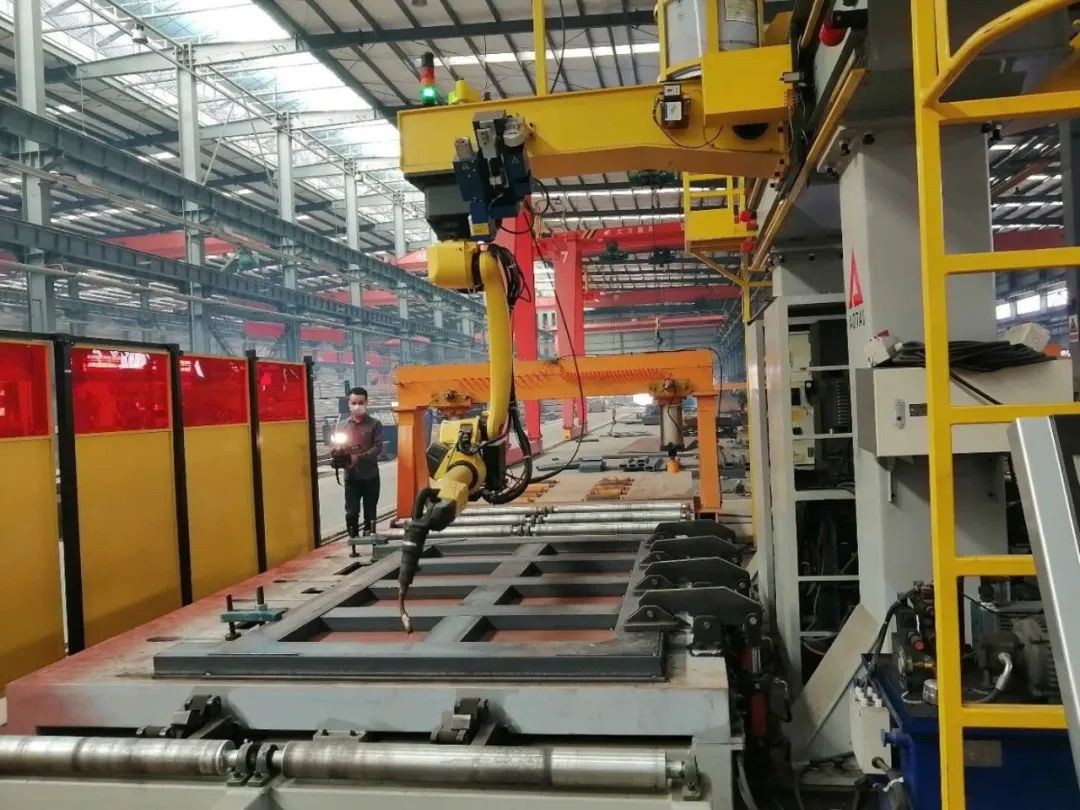Understanding the Role of Garbage Trucks in Waste Management

Introduction
Garbage trucks play a crucial role in maintaining cleanliness and hygiene in urban areas. These vehicles are specifically designed to collect waste efficiently and transport it to disposal sites. As cities grow and populations increase, the importance of effective waste management systems, including the role of garbage trucks, becomes even more critical. This article will delve into various aspects of garbage trucks, including their types, functions, mechanisms, environmental impacts, and tips for proper waste disposal.
1. What is a Garbage Truck?
A garbage truck is a specialized vehicle designed for collecting, transporting, and disposing of waste. Typically equipped with a compaction mechanism, these trucks can compress waste to maximize space and efficiency. They come in various types, suited for different types of waste and collection needs.
1.1 Types of Garbage Trucks
- Rear Loader Garbage Trucks: These trucks have a compartment at the back where waste is loaded by workers, commonly used in residential areas.
- Front Loader Garbage Trucks: Equipped with forks that lift bins from the front, these trucks are often used for commercial waste collection.
- Side Loader Garbage Trucks: These trucks feature a side mechanism for automated collection, ideal for high-density areas.
- Roll-off Garbage Trucks: Designed for larger volumes, these trucks utilize detachable containers and are often seen in construction debris collection.
2. How Garbage Trucks Operate
2.1 The Collection Process
The process begins when garbage trucks are dispatched to designated pickup locations. Waste materials can be collected from residential homes, commercial establishments, or industrial sites. Workers or automated systems load the waste into the truck, where it is then compacted for transport.
2.2 Route Optimization
Modern garbage trucks often employ route optimization software to ensure efficient collection routes. This process utilizes GPS technology to minimize travel time and fuel consumption while maximizing waste collection efficiency.

Table: Benefits of Route Optimization
| Benefit | Description |
|---|---|
| Fuel Efficiency | Reduces fuel costs by minimizing driving distance. |
| Time Savings | Shortens collection times, enhancing service for residents. |
| Environmental Impact | Lowers greenhouse gas emissions by reducing unnecessary idling. |
3. Importance of Garbage Trucks in Waste Management
Garbage trucks serve as the backbone of waste management systems. They help maintain public health by ensuring waste is collected regularly, preventing the spread of disease. Additionally, they assist in recycling efforts by transporting recyclable items to processing facilities.
3.1 Impact on Public Health
Effective garbage collection helps prevent the accumulation of waste, which can lead to pests, odor, and disease. Regular collection schedules ensure that waste does not overflow, safeguarding the community’s health.
3.2 Contribution to Recycling Initiatives
With a growing emphasis on environmental sustainability, many garbage trucks are now equipped to collect recyclables separately. This initiative promotes recycling efforts and reduces landfill waste.
4. Technology Innovations in Garbage Trucks
Advancements in technology have also transformed the garbage truck industry. Smart technologies such as automated lifts, GPS tracking, and even electric-powered trucks are now commonplace.
4.1 Automated Collection Systems
With the introduction of automated collection systems, garbage loading has become safer and more efficient. These systems utilize robotic arms to lift bins, significantly reducing the risk of injury for workers.
4.2 Electric Garbage Trucks
As cities strive for cleaner air, electric garbage trucks are gaining traction. They produce zero emissions during operation, making them an eco-friendly alternative to traditional diesel models.
5. Environmental Impact of Garbage Trucks
While garbage trucks play a central role in waste management, their operation does have environmental implications. Fuel consumption, emissions, and noise pollution are critical factors that authorities strive to mitigate.
5.1 Emission Concerns
Diesel garbage trucks contribute to air pollution due to their emissions. Transitioning to cleaner fuel alternatives or electric vehicles is essential to reduce this impact.
5.2 Noise Pollution
The sound produced by garbage trucks can be disruptive, particularly in residential areas. Implementing quieter technology or operational hours can help minimize disturbances.

6. Best Practices for Waste Disposal at Home

Proper waste disposal at home is essential for efficient garbage collection. Here are some tips to ensure you’re doing your part:
6.1 Segregate Waste
Sorting waste into recyclables, organic, and general waste helps in efficient disposal. It allows garbage trucks to transport materials to appropriate facilities, enhancing recycling efforts.
6.2 Use Proper Containers
Utilizing designated garbage bins ensures that waste is collected easily. Invest in bins with lids to prevent animal interference and odor.
6.3 Respect Collection Schedules
Be aware of your local garbage collection schedules to avoid leaving waste outside for extended periods. This helps maintain neighborhood cleanliness and hygiene.
7. Regulations Surrounding Waste Collection
Municipalities enforce specific regulations regarding waste collection to ensure public health and safety. It’s essential to be aware of these regulations in your area.
7.1 Adhering to Local Waste Management Laws
Understanding and following local laws regarding waste disposal, such as prohibited items or pickup days, is crucial. Violations can result in fines or legal consequences.
7.2 Community Involvement
Many communities have programs to engage residents in waste management discussions. Participating in these dialogues can result in better practices and policies.
8. The Future of Garbage Trucks
Garbage trucks are evolving to meet the challenges of modern waste management. Innovations in cleanliness, waste sorting, and smart technology are paving the way for a more efficient future.
8.1 Autonomous Garbage Trucks
The development of autonomous garbage trucks could revolutionize waste collection. These vehicles could operate without a driver, optimizing collection times and routes.
8.2 Enhanced Recycling Capabilities
Future garbage trucks may be equipped with advanced technologies to sort waste onboard, allowing for separation at the source and improving recycling rates.
9. Frequently Asked Questions (FAQ)
9.1 What types of waste can be collected by garbage trucks?
Garbage trucks primarily collect solid waste, recyclables, and compostable materials, depending on local regulations and practices.
9.2 How often do garbage trucks collect waste?
Collection frequency varies by location but typically ranges from once a week to several times a week, depending on population density and disposal needs.
9.3 Are there any hazardous materials that garbage trucks cannot collect?
Yes, hazardous materials such as chemicals, batteries, and electronic waste typically require special handling and should not be placed in regular garbage bins.
9.4 What should I do if my garbage was not collected?
If your garbage is not collected, check with your local waste management authority for information about collection schedules and potential missed pickups.
9.5 How can I reduce the amount of waste my household produces?
Reducing waste can be achieved by practicing mindful consumption, recycling, composting organic materials, and using reusable products.
9.6 What is the role of residents in effective waste management?
Residents play a key role by following disposal guidelines, participating in community cleanup efforts, and educating others on sustainable waste practices.
